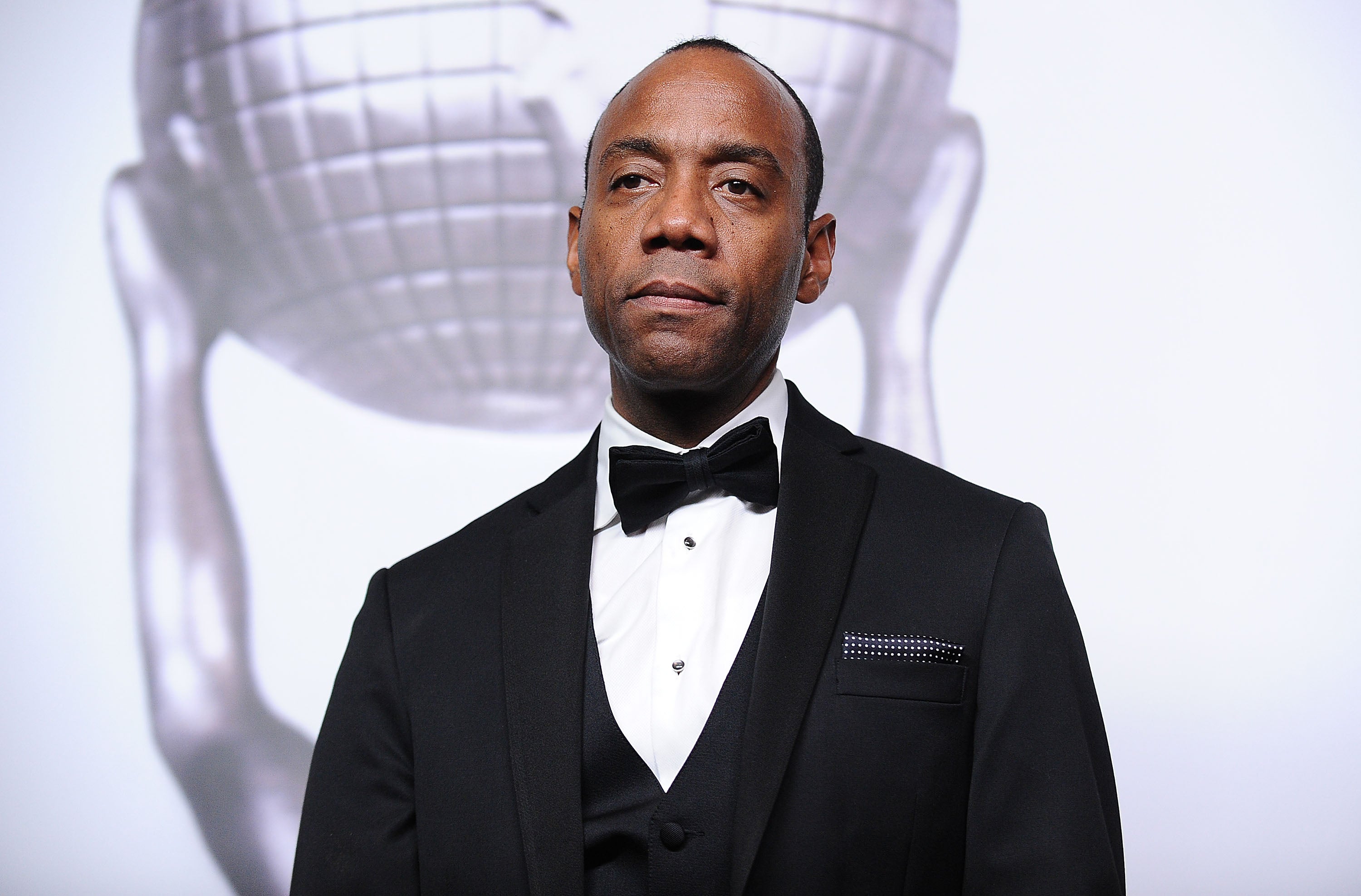
When ESSENCE last spoke with NAACP President and CEO Cornell William Brooks, he was just released for protesting then-Senator Jeff Sessions’s appointment as Attorney General.
Brooks was mapping out a broad vision for organization under the Trump administration.
However, the Board of the NAACP decided that it would not renew Brooks’ contract, ousting him after three years as the President and CEO of the 108 year old civil rights organization. The NAACP wants to bring in a new face of the organization to aggressively fight the Trump administration’s new policies on voting rights and the criminal justice system.
Brooks admits that the board’s decision to not renew his contract shocked him. “The Board made a decision not to renew my contract and I was surprised by that. The board of the NAACP is 64 board members and they have a right to make these kinds of decisions. But if you look at the record of the last three years, it’s pretty hard to argue that the NAACP was not engaged in the fight in a vigorous way.”
During his tenure as President, the NAACP was on the ground early fighting for an indictment in Ferguson and for environmental justice in Flint. The NAACP also remained vigilant in the battle against voter suppression.
Brooks isn’t questioning the decision of the Board but wants to reiterate how confrontational and aggressive the organization was under his watch.
“I don’t recall too many folks calling Trump-ism Jim Crow in a blue suit with hairspray early on in the campaign. We called out the voter suppression early on. Congress(wo)man Maxine Waters is the one that pointed out to me that when Dylann Roof killed nine students of scripture at Mother Emanuel, it was the NAACP that first linked the crime to the removal of the confederate flag. The rank and file members in these small branches has done the work over the last three years and we’ve done more work that we have in a long time.”
Brooks and the NAACP fought against Attorney General Jeff Sessions’ decision to roll back President Obama policies that hold police departments accountable for officer misconduct.
“I met with Attorney General Sessions, at his request and I told him ‘the next 60 days you’re going to be confronted by a policing crisis and the people are going to called two acronyms: DOJ and NAACP.’ 57 days later, Jordan Edwards was killed. [After murder charges were filed] I get back to Baltimore to my office and there’s a letter from Attorney General Sessions responding to my letter to him about this bone-headed policy of trying to undo these consent decrees. We then call him up and tell him that he better have a plan. We didn’t mince our words and we didn’t bite our tongue. We didn’t mumble or stumble in terms of confronting the administration and that has everything to do with the young people that have been joining the NAACP.”
Despite his departure with the organization, Brooks’ hopes remain high for the future of the NAACP.
He offers the organization the following sage advice: “Continue to have millennials on the front lines of social justice and that means being active and visible on the streets and in the legislature. Press releases, statements and resolutions are necessary but not sufficient. You need demonstrations, protests, direct action and lawsuits. The NAACP has to continue the vigorous prosecution in the case of voter suppression.” But Brooks isn’t planning on retreating on important issues anytime soon.
In the immediate future, Brooks has plans on remaining active in fighting social justice. “I’m looking to do some news commentary, teaching, some writing, but I expect to lead a major social justice organization or start one,” he said.
“I’m going to continue doing the work. I have no intentions of abandoning the cause.”
